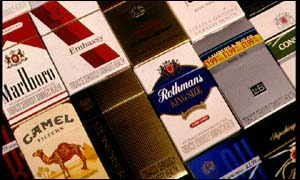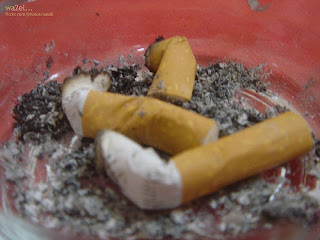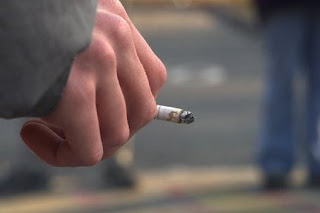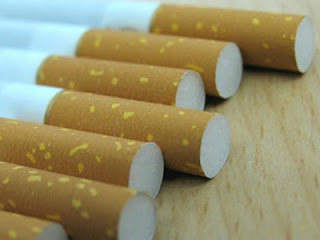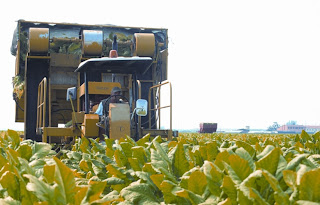
Smuggling tobacco across borders is big business and particularly prevalent across the Pyrenees, with easy access to Andorra and Spain. With a twenty five to thirty cents increase on the cost of a packet of cigarettes expected in October as part of the governments plan to cut the country’s debt, the temptation to smuggle becomes ever greater.
Across France, it is estimated that twenty five percent of the cigarettes smoked are bought abroad, but in Toulouse, this rises to forty percent because Pas de la Casa, Andorra is just two hours away.
The government estimates that around €3.4 billion is lost in taxes through the purchase of cigarettes abroad and it is not surprising when you consider that a packet of twenty is around €2 cheaper in Spain. Of course, many of these cigarettes are purchased completely legally, but there are organised gangs of smugglers that the customs officers want to target.
Trafficking in the Pyrenees used to involve large amounts of cigarettes in containers, but as the customs officials have clamped down, the smugglers have switched to smaller, faster and more discrete vehicles. With the price difference so large, it is profitable to smuggle just five hundred packets of cigarettes at a time.
Currently, you are allowed to bring in 300 cigarette or 150 cigarillos or 400 grams of rolling tobacco. Living close to the border, I often see the Douane officers setting up check points and I have been stopped on numerous occasions. Along with cigarettes, the smuggling of counterfeit goods is also targeted, such as fake Gucci handbags etc, particularly at the Andorran borders.
The government is under pressure to do something, with state debt spiralling and the threat of ever higher taxes and austerity plans to combat it, cracking down on tax avoidance has never been more important.
